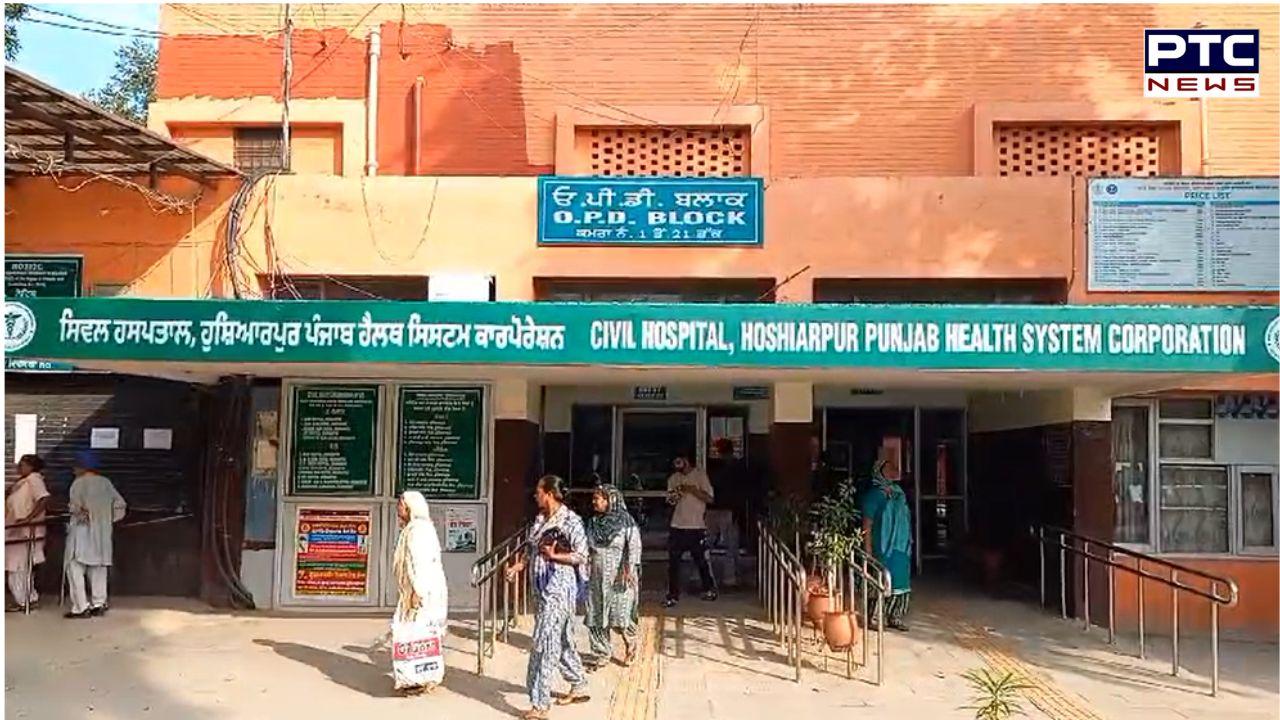

Punjab doctors daily strike begins today, to hit OPD services across state | Know what remains shut
Punjab doctors' strike: Doctors across government hospitals in Punjab began their 3-hour daily strike from Monday in support of their demands. They are protesting against the state government's alleged failure to address their long-standing demands concerning job security, timely salary increments, and workplace safety.
The Punjab Civil Medical Services Association (PCMSA) has taken this step despite assurances from the Punjab Government, citing that only the issuance of a formal notification would prompt them to withdraw their agitation.
The strike, which will unfold in three phases, is aimed at pushing the Punjab Government to implement key demands, including the issuance of assured career progression (ACP) notifications and improved safety measures for doctors and medical staff in hospitals. The association has made it clear that verbal assurances will not be enough, and they will not call off the strike until their demands are met.
Phase 1: September 9 to September 11
The first phase of the strike, which began today, involves a partial suspension of outpatient department (OPD) services. From 8 am to 11 am, OPD services will remain closed across all government hospitals in the state. During this period, elective surgeries and routine medical examinations, such as those for driving licenses, arms licenses, and recruitment, will also be suspended. Additionally, VIP/VVIP duties, dope tests, and other non-emergency services will not be attended to. However, life-saving surgeries, caesarean sections, and emergency trauma services will continue uninterrupted.
The association has also clarified that certain critical services, such as post-mortems, medico-legal examinations, judicial medical assessments, and daily operations at OOAT (Opioid Assisted Treatment) centres, will remain functional to ensure that patients requiring urgent care are not affected.
Phase 2: September 12 to September 15
If the government fails to issue the necessary notifications by September 11, the PCMSA plans to escalate the strike. In the second phase, OPD services will be completely shut down for four consecutive days. Along with the continued suspension of elective surgeries and routine medical examinations, other key functions, including meetings, enquiries, and assessments under the Kayakalp program, will also be halted.
The PCMSA has stated that they will not relent without the formal issuance of notifications for ACPs, which were previously available to doctors. The association has voiced its dissatisfaction with the government's delay, labeling the removal of ACPs as unjustified.
Phase 3: From September 16 onwards
In the event that the government's response remains inadequate by September 15, the PCMSA has warned that they will initiate the third phase of the strike, which could include a complete halt to medico-legal examinations and other essential services. This phase would mark the most intense form of protest, further disrupting the functioning of government hospitals across the state.
Meanwhile, Punjab Health Minister Balbir Singh had issued a letter on Saturday, offering assurances to the doctors and outlining plans for forming committees to address their concerns. According to the minister, these committees would be tasked with improving security measures in hospitals and preventing incidents of violence against medical personnel.
The Punjab Government has set up a cabinet sub-committee, led by Finance Minister Harpal Cheema, to meet with PCMSA representatives on September 11 to discuss their demands in detail. Despite these assurances, the doctors remain firm that only a concrete notification will be accepted as a solution.
- With inputs from our correspondent
